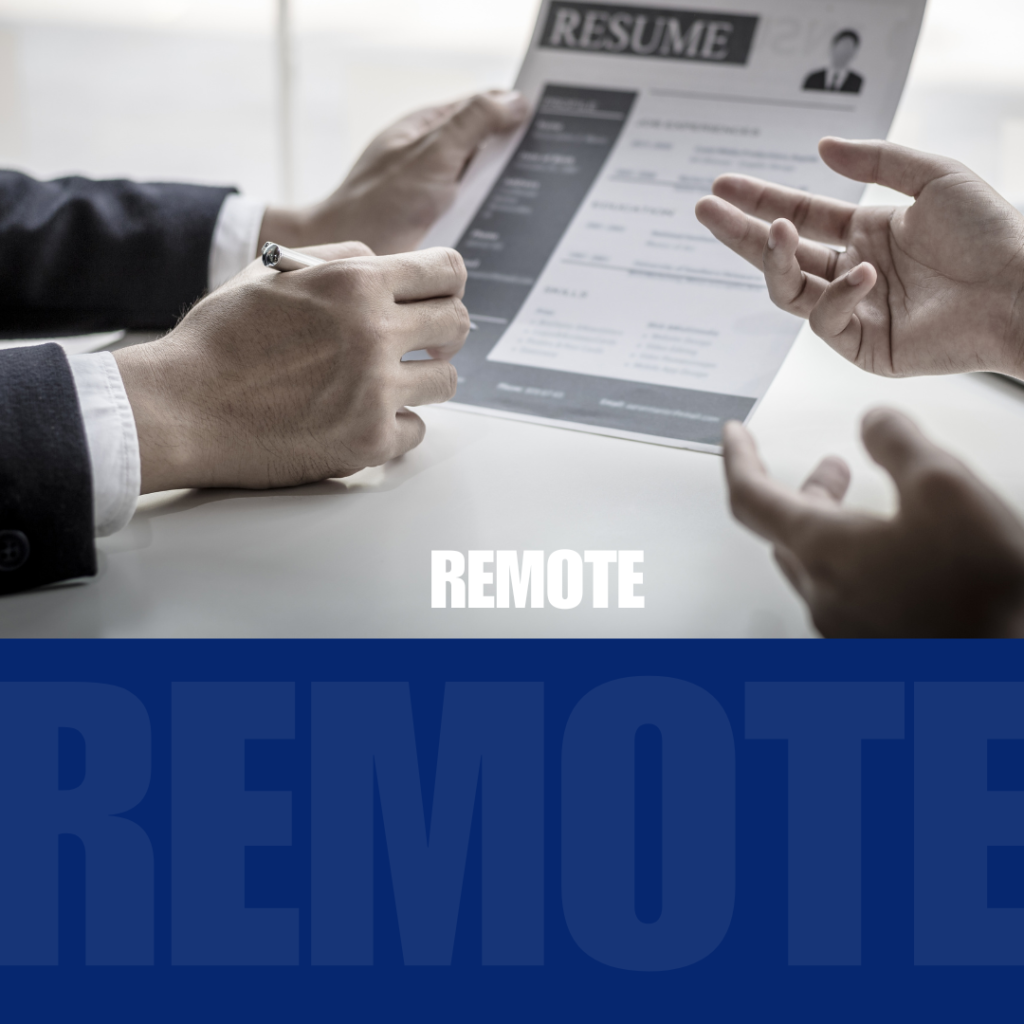
Which Resumes Have the Best Chances of Landing an Interview
In today’s competitive job market, standing out among hundreds of applicants is crucial. One of the most important tools you have in your job search is your resume. A well-crafted resume can greatly increase your chances of getting an interview. This article explores the key factors that make a resume more likely to catch the attention of hiring managers and recruiters.
Clear and Concise Format
Hiring managers often spend only a few seconds reviewing each resume. Therefore, having a clear and concise format is essential. A well-organized resume makes it easy for the reader to find key information quickly. Use clear section headings, bullet points, and consistent fonts to structure your resume. Avoid overcrowding the document with unnecessary details or long paragraphs. A clean, simple design ensures that the employer can easily navigate through your skills and experience.
Tailored to the Job
One of the most important aspects of a successful resume is tailoring it to the specific job you are applying for. Customization is key. Each job has unique requirements, and your resume should reflect how your skills and experience match those needs. Start by carefully reading the job description and adjusting your resume to highlight relevant qualifications. This increases your chances of making it past applicant tracking systems (ATS) that many companies use to screen resumes.
Highlighting Achievements Over Duties
Instead of listing job responsibilities, focus on quantifiable achievements. Hiring managers want to know how you added value in your previous roles. By showcasing results such as percentage increases in sales, cost reductions, or successful project completions, you provide concrete evidence of your abilities. Using action verbs and metrics makes your accomplishments more impactful and demonstrates your contribution to past employers.
Skills That Match Industry Demands
Employers are looking for specific skills that align with industry demands. Incorporating the right skills into your resume can significantly boost your chances. Make sure to include both hard and soft skills that are relevant to the role. For example, technical skills, software proficiency, and certifications are often important for many positions. However, don’t forget to highlight your soft skills, such as communication, leadership, and problem-solving, which are equally valued by employers.
Professional Summary and Keywords
Including a professional summary at the beginning of your resume can help you stand out. This brief section should capture who you are, what you bring to the table, and why you’re a great fit for the job. Be sure to include relevant keywords from the job description to improve your chances of passing ATS scans. These keywords can be related to specific skills, job titles, or industry terms, and they help ensure your resume gets noticed by both machines and hiring managers.
